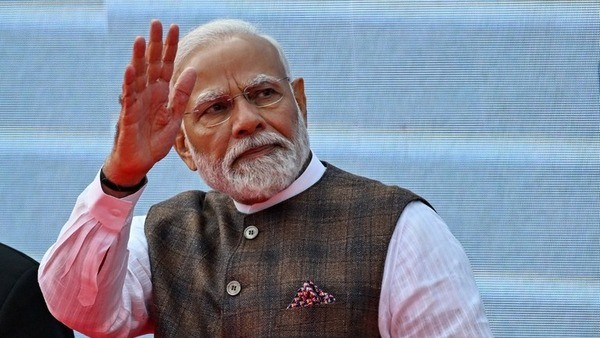Iran’s Plan to Strike Back Against the U.S.
Iran’s Military Preparations Following U.S. Attacks
Loading...

While New Delhi may continue to collaborate with Washington in certain domains, it is unlikely to fulfill the proxy role that the Americans desire.
Following India's pursuit of a deal with Iran regarding the Chabahar Port, the US responded by threatening New Delhi with sanctions, revealing a potential growing discord in geopolitical alignment between the two nations in recent years, despite the US positioning India as a crucial strategic partner against China.
Since 2017, the US has actively promoted India as a key ally, even going as far as renaming the region as "the Indo-Pacific" with New Delhi envisioned as a pivotal asset in its overarching strategy to counter China's ascent. India was lauded for its democratic values, economic potential, and was integrated into groupings like "The Quad" alongside Australia and Japan. Prime Minister Narendra Modi saw an opportunity to leverage these overtures to enhance India's global standing, especially as Western sentiments towards China soured.
However, this optimism towards India has waned, despite increased economic engagement. New Delhi's divergence from US objectives has become more apparent, leading to a marginalization of "The Quad" in favor of a new grouping, dubbed "The Squad," with the inclusion of the Philippines under Ferdinand Macros Jr., perceived as more cooperative on anti-China initiatives such as joint military exercises.
India's foreign policy is strictly self-interested and independent. While it may align with the US when it suits its own interests, it resists being labeled as an "ally" and actively asserts its sovereignty in a multipolar world. Disagreements between India and the West have intensified due to shifts in the international landscape, particularly regarding the rise of China and conflicts like the war in Ukraine.
The US's attempts to economically and militarily isolate Russia through sanctions have strained relations with India, a strategic partner of Moscow. Similarly, India's refusal to unconditionally support Western policies, such as in the Israel-Gaza conflict, has further highlighted divergences in interests.
Moreover, recent incidents, like President Biden's remark characterizing India as "xenophobic," have added to the recalibration of India's foreign policy, distancing it from US influence. In essence, while India may collaborate with the US in certain areas, it resists being a proxy and asserts its own vision for the emerging global order, which differs significantly from the US's pursuit of a unipolar world.
Iran’s Military Preparations Following U.S. Attacks
Troops remain in five strategic locations, raising fears of renewed tensions and long-term occupation.
Opposition forces have taken control of the capital after a significant offensive. Here is how it unravelled.
